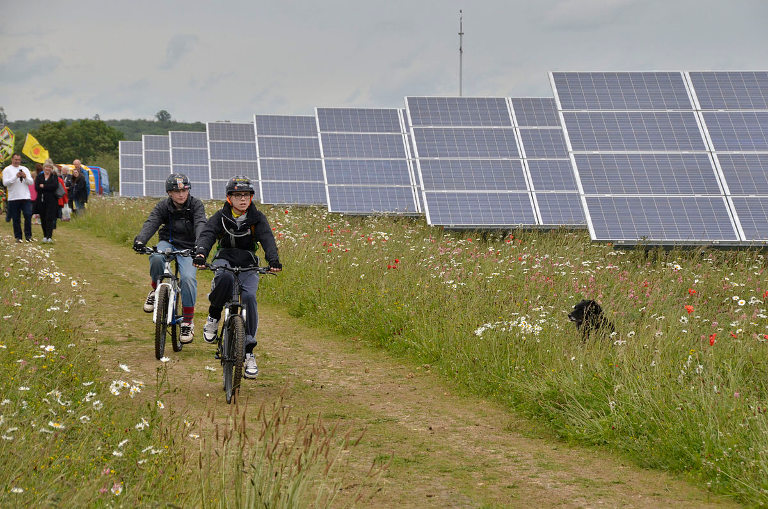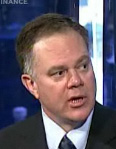Conventional wisdom in the energy transition has long held that public investment should be directed toward utility-scale projects, because they’re cheaper than rooftop solar systems, kilowatt for kilowatt. Being cheaper, utility-scale systems would clearly deliver more bang for the buck.
Our returning guest in this episode, energy modeler Christopher Clack, says according to his recent modeling, the opposite is actually true — that investing more into local solar will deliver more public benefits than investing in utility-scale projects. And even more surprisingly, he says that building rooftop solar and distributed storage systems will actually result in more utility-scale solar as well, plus bring greater societal benefits such as more jobs, increased economic development, increased resilience, and more equitable access to the benefits of renewables. By modeling a dizzying set of factors simultaneously, Clack is able to show that combining many factors leads to synergistic effects that have been heretofore undiscovered in the literature… factors that we will attempt to describe in this extremely deep dive into energy modeling.
Guest:Dr. Christopher Clack is the founder of Vibrant Clean Energy, LLC, a software and services company that focuses on optimization techniques and renewable energy integration into the electricity grid. Dr. Clack was previously a research scientist for the Cooperative Institute for Research in Environmental Sciences (CIRES) at the University of Colorado Boulder working with the Earth System Research Laboratory (ESRL) NOAA for half a decade, leading the development of the NEWS simulator. Dr. Clack received his first class BSc (Hons) in mathematics and statistics for the University of Manchester in the UK. He then went on to research applied mathematics and plasma physics at the University of Sheffield in the UK. During his PhD, Dr. Clack completed an area of study centered on nonlinear resonance theory within the framework of magnetohydrodynamics (MHD) that remained unsolved for twenty years. The theories derived have helped our understanding of the Sun as well as possibilities for fusion reactors, such as ITER.
On Twitter: @clacky007
On the Web: Vibrant Clean Energy
Recording date: March 26, 2021
Air date: April 28, 2021
Geek rating: 9
Teaser photo credit: By MrRenewablesWestmill Solar Co-operativeBen Cavanna – Own work, CC BY-SA 3.0, https://commons.wikimedia.org/w/index.php?curid=23398808






